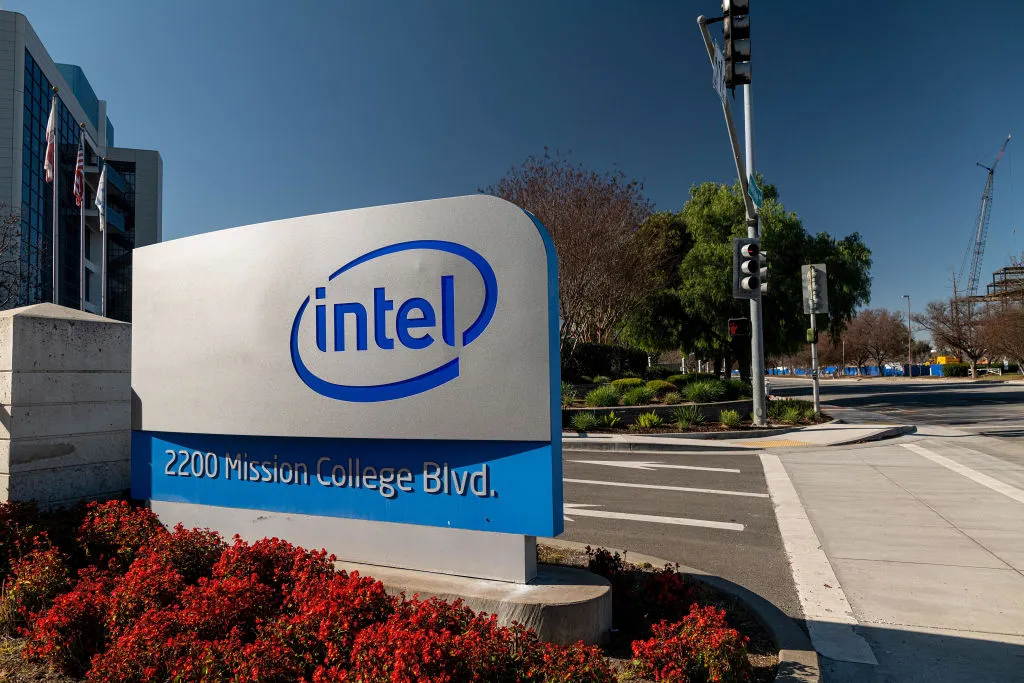Intel Spins Off Foundry Business, Teams with AWS to Develop Cutting-Edge AI Chips

In a major move to regain its foothold in the competitive semiconductor market, Intel has announced plans to spin off its foundry division into a separate subsidiary and inked a significant AI chip deal with Amazon Web Services (AWS). The restructuring aims to attract more customers by giving the Foundry business independence, while the AWS partnership signals a bold step forward for Intel’s chipmaking capabilities.
Under the new agreement, Intel will collaborate with AWS to co-develop a custom AI chip using its advanced 18A process technology and create a specialized Xeon 6 processor for AWS. The multi-year, multi-billion-dollar partnership strengthens an already robust relationship between the two companies and sets the stage for future AI and cloud computing collaborations.
Intel CEO Pat Gelsinger described the AWS deal as a pivotal win for Intel Foundry, which has tripled its deal pipeline this year despite significant losses in recent quarters. The announcement also coincides with Intel’s cost-cutting initiatives, including a $10 billion savings plan and 15,000 job cuts, as the company battles to recover from ongoing financial setbacks.
As part of its efforts to streamline operations, Intel will pause major chip fabrication projects in Poland and Germany for two years, citing market conditions, while also reconsidering its Malaysia facility. Despite these delays, Intel’s U.S. expansion plans—such as new semiconductor factories in Arizona, Ohio, and New Mexico—remain on track.
These strategic shifts come at a crucial time for Intel, which has faced challenges in keeping up with competitors in recent years. However, the AWS deal and the restructuring of Intel Foundry could be key steps in revitalizing the company’s position in the global chip industry.
With demand for AI and advanced computing on the rise, Intel’s renewed focus on innovation and cost management could pave the way for a much-needed comeback.
